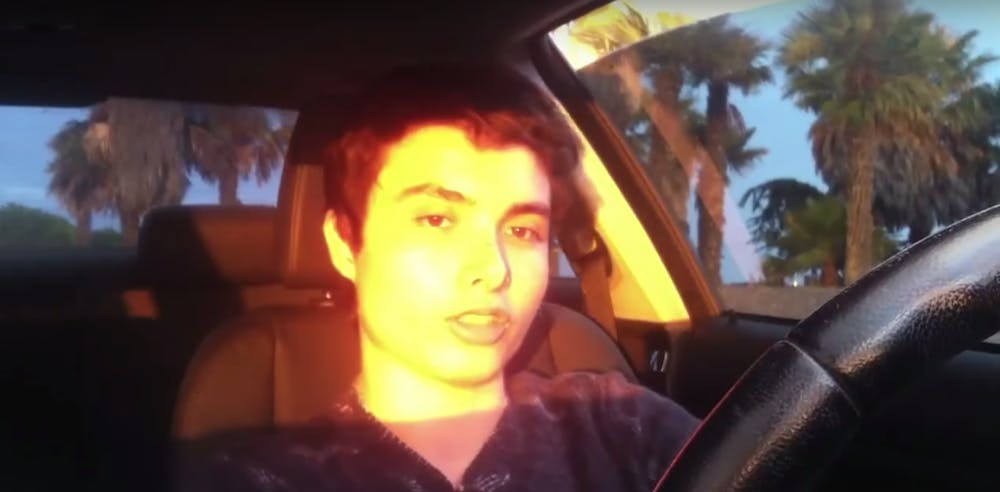Adam Lanza. James Holmes. Eric Harris and Dylan Klebold. Chris Harper-Mercer. Elliot Rodger. Recognize any of these names? I certainly do. All are perpetrators of mass shootings at schools or other public places. All of them have had their faces and names plastered across television screens, smartphones and newspapers. All stick in our minds like glue.
Now how about these names: Jon Blunk, Matt McQuinn, Alex Teves? They all died using their bodies to shield their girlfriends from James Holmes in the Aurora, Colo., theater shooting. What about Victoria Leigh Soto? After hiding her first-grade students in a closet, she was murdered by Adam Lanza as he tried to kill them in the infamous Sandy Hook shooting. And what of Liviu Librescu? He gave his life barricading the door to his classroom, allowing all but one student to escape through a window when Seung-Hui Cho perpetrated the shooting at Virginia Tech, the largest school shooting on record to date.
Mass media exploits these tragedies for attention, translates into profits for these outlets, through advertising and ratings. They capture views by turning these shooters into pariahs, into the symbols of what we hate. And hate sells more than love.
Then come the politics. Within 24 hours, “gun control” and “mental health” are the terms being thrown in our faces, featured in the captions under the photographs of the perpetrators as a means of moving us to action. These acts of pure insanity are drawn into a vicious propaganda cycle that serves to divide us by politicizing an issue that is neither Democratic nor Republican, liberal or conservative, but human.
And we are no better! We flood social media with our own heavily charged statements and act like hashtags and petitions to Congress will somehow stop more senseless murders. We contribute to the problem by feeding so much attention to these psychopaths. We scream about gun control and the state of mental health services, picking apart the shooters' social and family lives, throwing their image across every media page in America. They become infamous overnight—but infamy is still fame. So it comes as no surprise to me to hear of so-called copycat shootings. As a society, we are sending a message to all those people who are pondering homicidal violence: “Look at these shooters. Their names are known in every household. Their actions jolt an entire nation. They got a message out, they changed our country. And that could be you, too.”
As a free nation, we cannot muzzle the press. It would be neither effective nor constitutional to do so, and the repercussions would be enormous. But we, as individuals, can make the choice to be conscientious about what we broadcast through social media during a tragedy. Be aware of the vicious cycle of polarization that comes naturally from politicizing these activities. Remember that it is the victims that demand our attention, not a single maniac. We cannot afford to give ourselves the satisfaction of making these shooters into pariahs if it will knowingly (or unknowingly) encourage more murder. We are better than this.
Contact staff writer Maddie Bright at madeleine.bright@richmond.edu
Support independent student media
You can make a tax-deductible donation by clicking the button below, which takes you to our secure PayPal account. The page is set up to receive contributions in whatever amount you designate. We look forward to using the money we raise to further our mission of providing honest and accurate information to students, faculty, staff, alumni and others in the general public.
Donate Now



